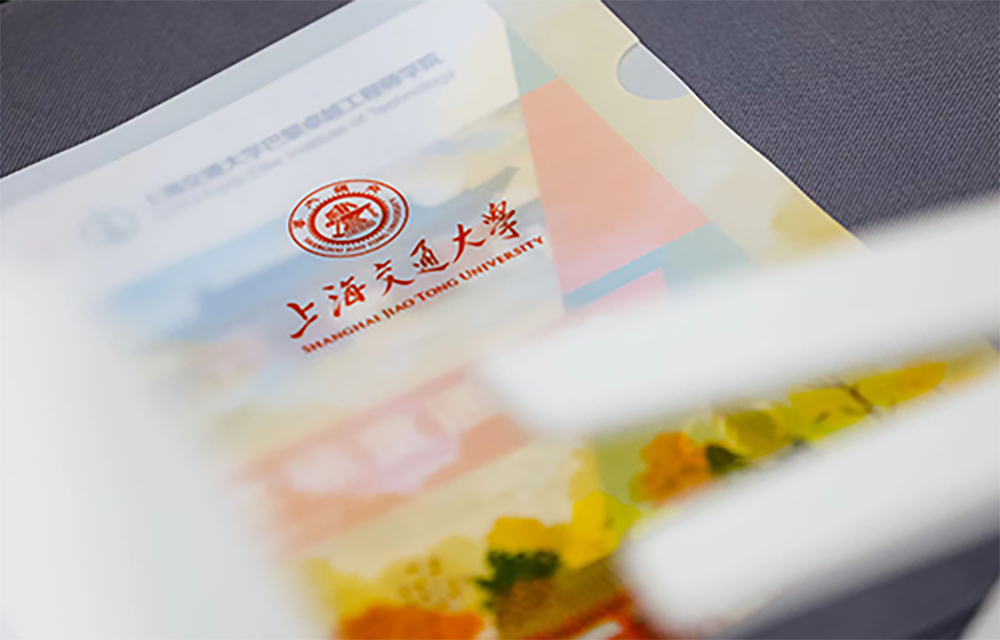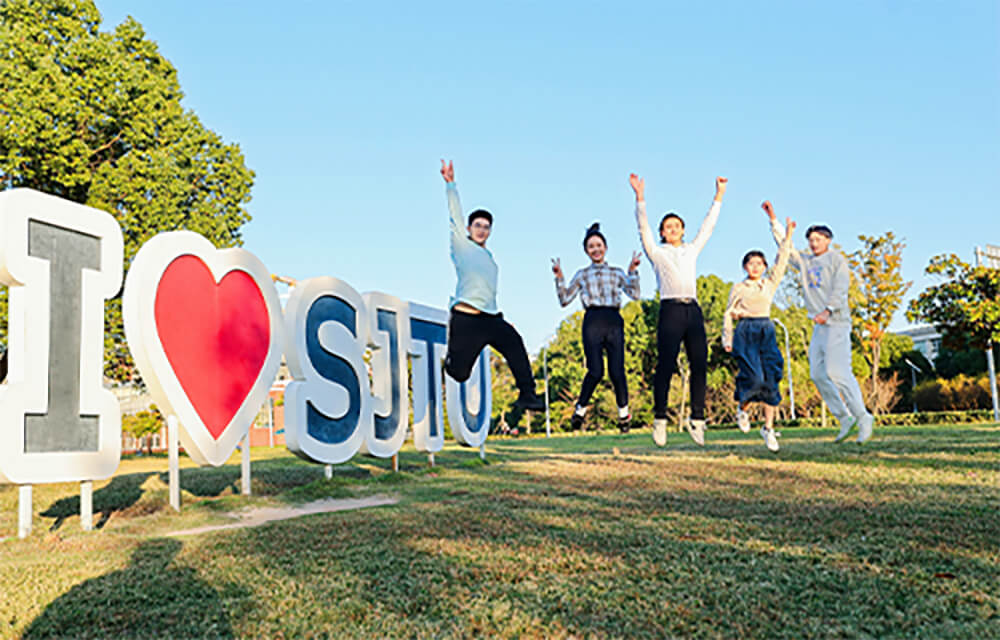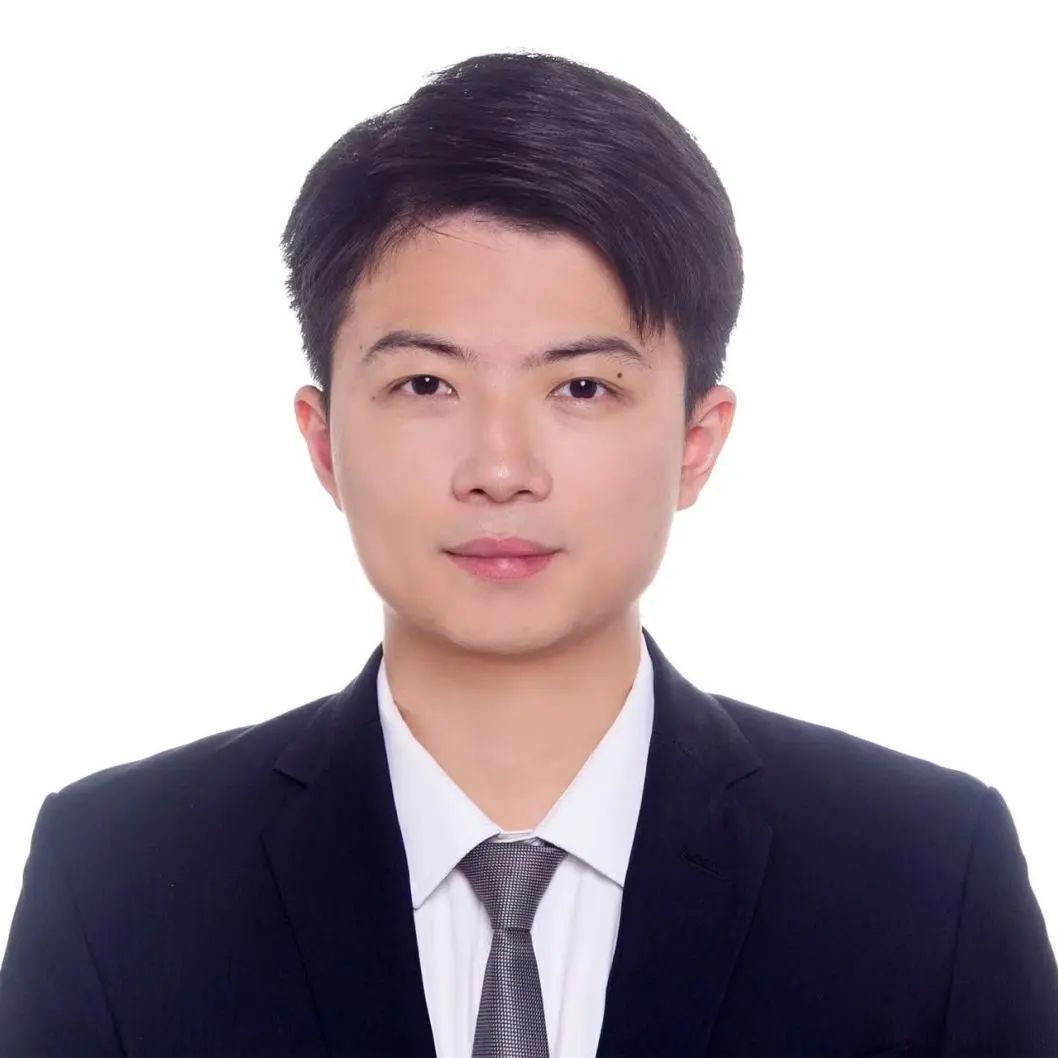
Editor's Note from SPEIT:
From the banks of the Huangpu River to the banks of the Seine, from industrial sites to the United Nations stage, alumni of the SJTU Paris Elite Institute of Technology have charted diverse life trajectories under the banner of "Excellent Engineers" in the global coordinate system.
Choices have no standard answers, but excellence always resonates. The "Excellence in the Workplace" series will invite alumni (and students) from different cohorts and fields to share their logic in career (internship) choices, cross-boundary breakthrough experiences, and how they transform the dual cultural genes of China and France into core competitiveness. Their stories hold the "growth code" for the new generation of excellence-oriented engineers.
In the second installment, Che Guangming, a master's graduate of the class of 2025, will share his employment story.


Personal Profile
· Name: Che Guangming
· Major: Information Engineering + French
· Graduation Year: 2025
· Employment Unit and Position: Management Trainee at CITIC Group Headquarters, CITIC Group Corporation. The company focuses on five major business sectors: comprehensive finance, advanced manufacturing, advanced materials, new consumption, and new urbanization. It operates in more than 30 countries across five continents.
✦Graduate Student Story
Gratuate Student Story
✦
1
1. During the 6.5 years, what internship experiences did you have, and how did these experiences influence your career planning?
According to our institute's 6.5-year training program, the graduation requirements include three internships: cognitive internship, research internship, and engineering internship. On this basis, I accumulated four internships in total to further enrich my practical experience.
My first two internships were in quantitative private equity funds, one focusing on machine learning algorithms and the other on quantitative strategy research. In the second semester of my senior year, I started looking for internships and found that quantitative private equity funds were relatively friendly to interns without quantitative experience. The interviews mainly tested mathematical and coding abilities, and thanks to the French-style mathematics teaching in our institute, I had a solid foundation.
Later, I interned in the institutional sales department of a top securities firm and the international key account sales department of a leading Internet company. These two experiences gave me a deeper understanding of the business models of the financial and Internet industries. Especially during the sales internships, I learned to think about problems from the perspective of profit and cost, such as what the customer profile is, what products and services the company can provide, what the pricing strategy is, and the entire process from opportunity identification to contract drafting and delivery. These experiences made me feel the difference in value focus between the workplace and the campus.
These internship experiences had a significant impact on my career planning. The internships helped me clearly recognize my strengths. For example, I found that I have strong comprehensive abilities but am not very interested in coding work. This made me more targeted in job searching and eventually led me to the opportunity of the CITIC Group Management Trainee program.
2
2. What is the CITIC Group Headquarters Management Trainee program like, and what challenges did you face during the job application process?
CITIC, as a comprehensive central state-owned enterprise, has a large platform and many opportunities. Especially the management trainee program, which, in accordance with the company's management trainee training system requirements, involves rotational training in the company headquarters, financial companies, and overseas industrial companies. This is a very good opportunity for comprehensive development.
During the job application process, I indeed encountered many challenges. For example, the time overlap between the autumn recruitment and my graduation thesis was very tight. To deal with this issue, I tried to complete the tasks of the graduation thesis as early as possible and made detailed schedules and task lists. In addition, the types of written tests and interviews were diverse, and the difficulty levels varied greatly, so I practiced a lot of questions, attended more interviews, and summarized my experiences to prepare for the interviews in a targeted manner.
3
After some internships and job applications, how do you view the competitiveness of engineers with an international background in the financial industry, and in which areas do you hope to continue growing in your future work?
I believe that engineers with an international background have strong competitiveness in the financial industry. We students from our institute should have full confidence in ourselves. The mathematics, engineering, French, and humanities and management courses in our training system are not in vain. With the continuous expansion of China's financial industry's opening up to the outside world, for example, more foreign securities firms operating in China, the demand for talents with an international background is increasing. Engineering background, foreign language ability, and strong learning ability are all very important.
In my future work, I will delve into the national policies, laws, and regulations, combine them with industry characteristics, and strive to do a good job in practical work.
4
Advice for juniors and seniors: What do you think are the core competencies of SPEIT students in the workplace?
As students of SPEIT, we have several core competencies in the workplace. First is the internationalization capability. We are welcomed by foreign-funded enterprises and domestic enterprises with international business needs. I have interviewed with many companies with international business, and they value our foreign language ability and the ability to work in an international environment. Second is the learning ability. Under the training system of the institute, we have studied a lot of difficult content and cultivated a character that is not afraid of difficulties. We can quickly learn and adapt to different work content and environments. Finally, our degree recognition is high, which is a good stepping stone.
When job hunting, we should transform our wishes and strengths into achievements through practice. For example, by participating in internships or practical projects, we can turn our passion for a certain industry, our own talents, and natural abilities into quantifiable achievements. The direction of campus, practice, and internship should be coherent to ensure that abilities, interests, and job requirements match.
Finally, I want to especially remind juniors and seniors not to simply chase market hotspots. Purely profit-driven is not advisable. We should be long-termists because the market is unpredictable. Only by adhering to our own direction and interests can we go further in the workplace.







